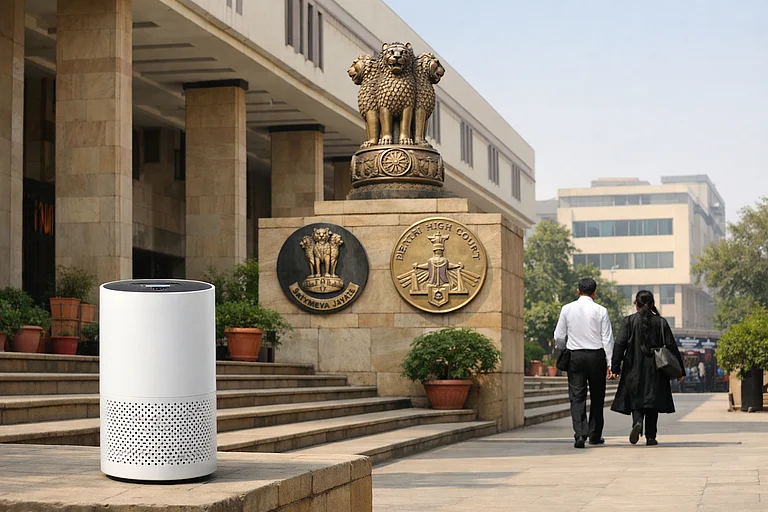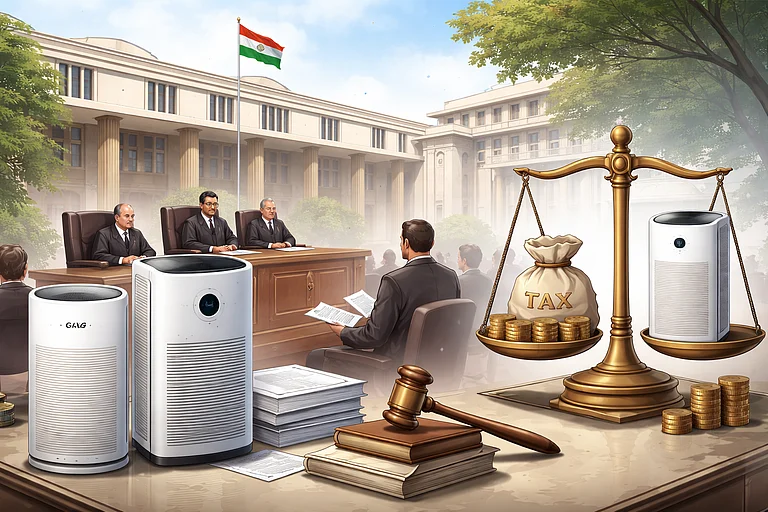For many, insurance is more than a financial product, it is a lifeline that protects them and their families from unexpected health emergencies and financial difficulties.
The insurance industry over the last few months had been anticipating a GST rate reduction on health and insurance premiums which would have brought much-needed relief to the insurance sector by improving insurance penetration in the country and a lower premium for policyholders.
However, the GST Council on Saturday deferred the proposal to revise the GST rate on insurance premiums. The Group of Ministers (GoM) on insurance will consider some more suggestions before forming a view on this rate revision. The next meeting is likely to be held in January 2025.
The 55th GST Council meeting took place in Jaisalmer on 21 December 2024 and was attended by ministers from 28 states, 2 Union Territories, and tax officials in attendance, including Chief and Deputy Chief Ministers from five states.
Currently, the insurance premiums attract a GST rate of 18 per cent, which was expected to be reduced to 5 per cent.
Says, Mohit Gupta, Co-founder at Bimapay Finsure, an insurance premium financing company, "The delay of the GST reduction on health and life insurance, while understandable from a policy sense, creates substantial issues for millions of Indians.”
He further notes that by retaining the present tax rate, there is a risk that vital health and life insurance will stay out of reach for a portion of the population that requires it the most.
Gupta believes that reducing GST on premiums would have been a game-changer, especially for people in tier-2 and tier-3 cities where incomes are lower, and the cost of insurance often becomes prohibitive. A reduction in taxes, even by a small margin, could encourage more families to opt for coverage, bridging the gap between protection and affordability.
Speaking on the same, Manju Dhake, Senior Vice President of Insurance at 1 Finance states that “Taxation has been a barrier, and its reduction or removal will lower premiums, increase retention, and accelerate sector growth.” She opines that reducing GST on insurance premiums is crucial to increase the affordability and reach of insurance, thereby helping India to reach the goal of 'Insurance for All 2047’.
In fact, many industry insiders had hoped that a decision would be made now, given that a significant number of insurance policies are up for renewal in the last quarter of the financial year.
Says Gyanendra Tripathi, Partner & Leader (West), Indirect Tax at BDO India, “If the GST rate revision on insurance premiums would have been concluded in this meeting, it would have been very timely for the masses because many insurance policies would have premiums due in the last quarter of the financial year. Significant numbers of people would have benefited from the same.”
This proposal had even garnered the support of the Insurance Regulatory and Development Authority of India (Irdai) and the Financial Services Department. Irdai has argued for making insurance more accessible for vulnerable groups such as senior citizens and low-income families, a goal that would have received a further boost with the GST rate revision on insurance premiums.
In a submission to a Parliamentary panel, the insurance regulatory body noted that several developed nations such as Canada and many European countries have exempted insurance products from VAT (value-added tax) or GST.
Despite the setback, the insurance industry remains optimistic. Gupta, for instance, sees this as a conversation that needs to keep evolving. “While we accept the GST Council's decision and acknowledge the intricacies of policy shifts, we encourage further discussion on this issue,” he stated.
















